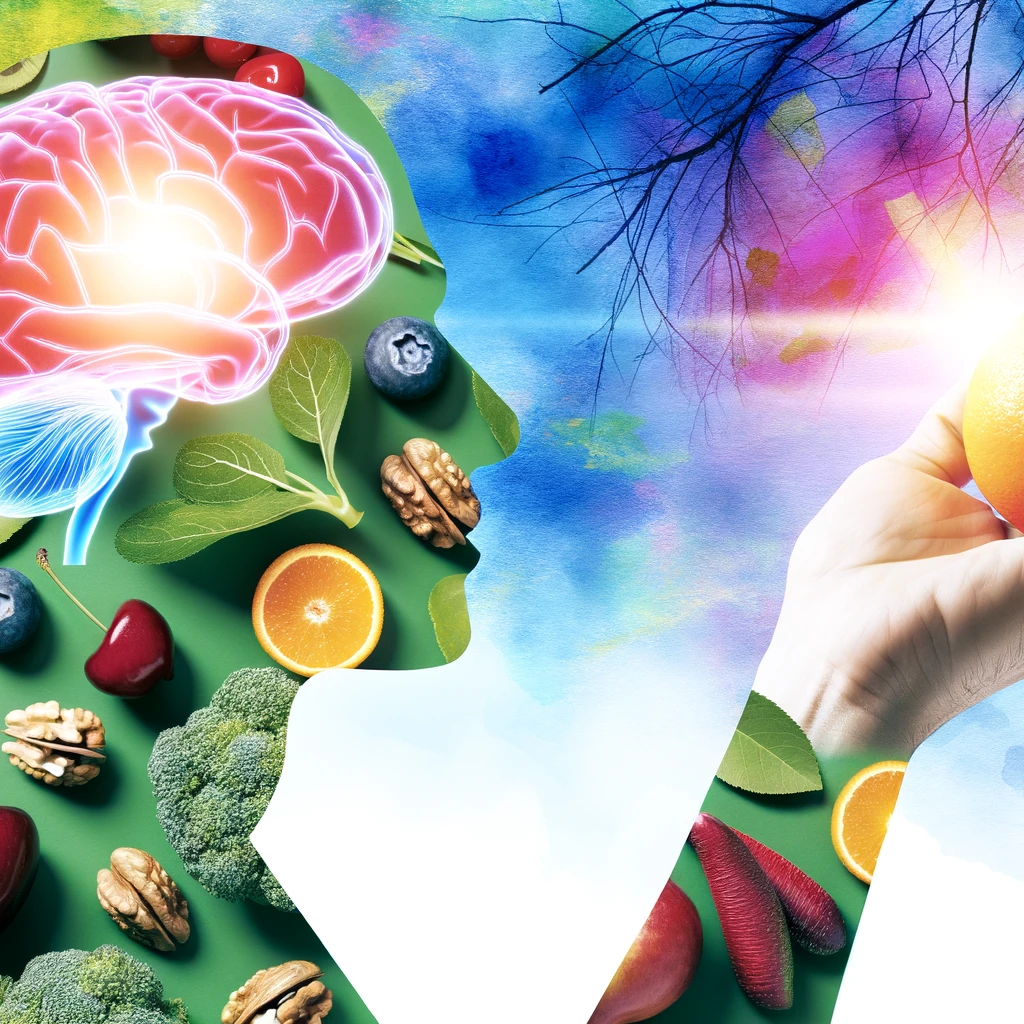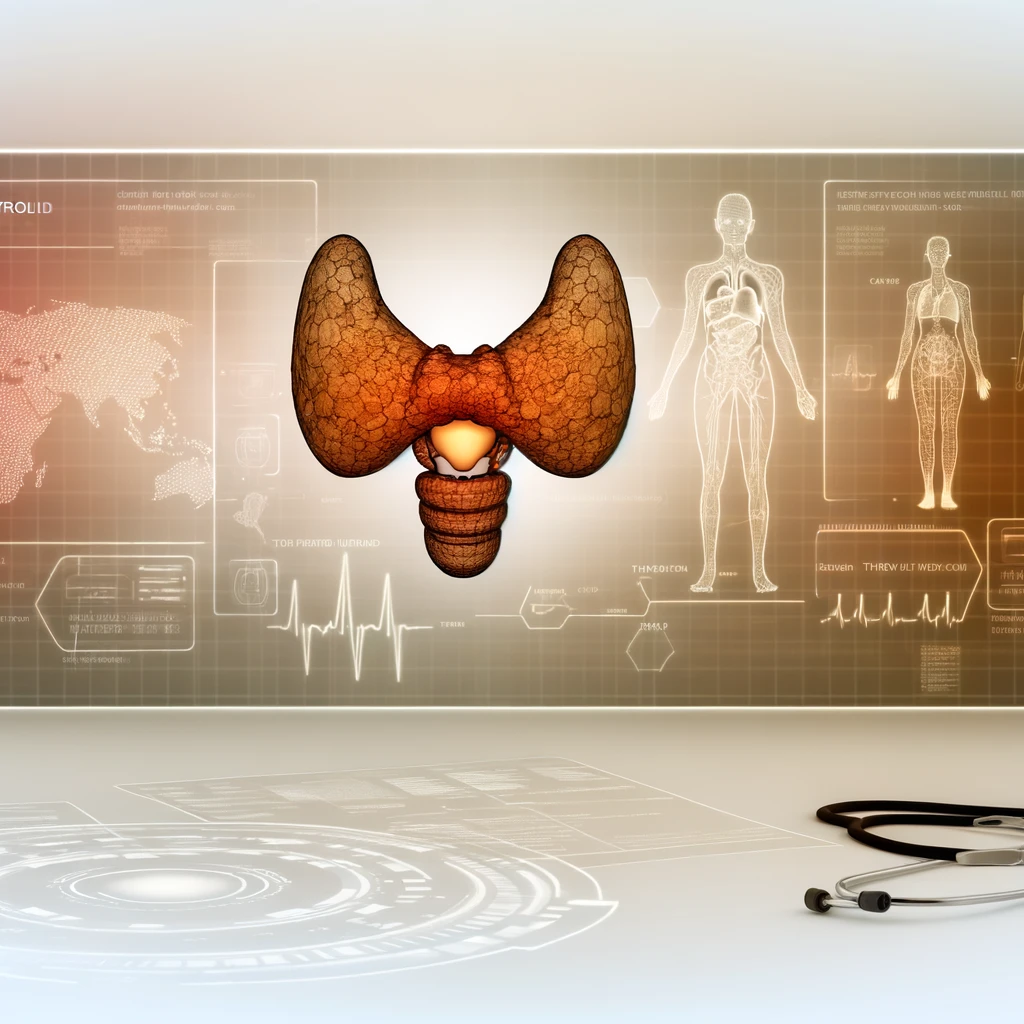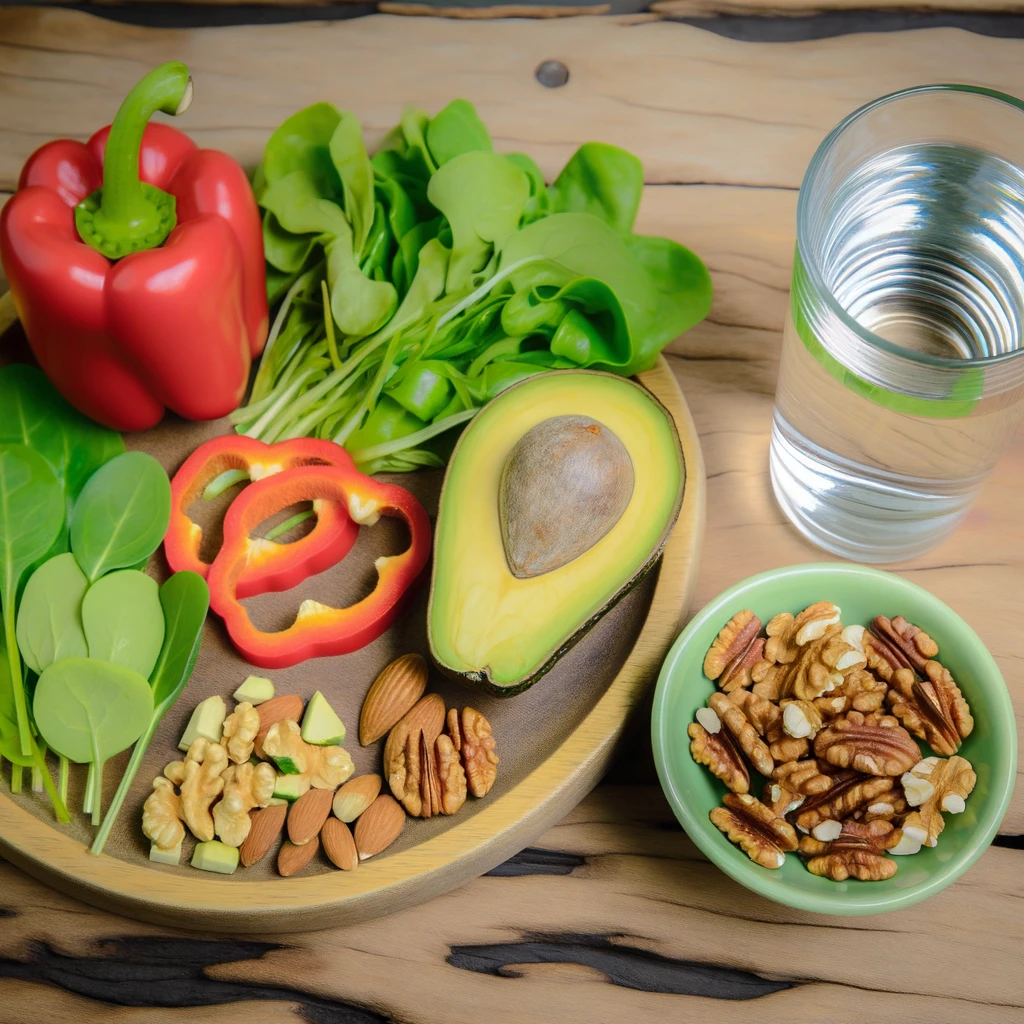
The Gut-Brain Connection: Nutrition for Mental Well-Being
Our understanding of mental well-being has evolved significantly, highlighting the crucial role nutrition plays in maintaining a healthy mind. The concept of the gut-brain connection has gained attention, emphasizing how our digestive health directly influences our mental state.
Understanding the Gut-Brain Axis
The gut-brain axis is a complex communication network that links the emotional and cognitive centers of the brain with peripheral intestinal functions. It involves direct and indirect pathways between the gut microbiota and the central nervous system (CNS).
The Role of Gut Microbiota
Microbiota refers to the trillions of microorganisms residing in our intestines. These microbes play a crucial role in digesting food, producing vitamins, and regulating the immune system. They also influence the production of neurotransmitters, which affect mood and behavior.
Neurotransmitters and Mood Regulation
Neurotransmitters such as serotonin and dopamine are vital for mood regulation. Interestingly, about 90% of serotonin is produced in the gut, not the brain. A healthy gut can therefore contribute to improved mood and reduced anxiety.
Nutrition's Impact on Mental Health
Our diet significantly affects gut health, which in turn, influences mental well-being. Consuming a balanced diet rich in specific nutrients can foster a healthier gut environment, thereby supporting mental health.
Key Nutrients for Gut Health
- Fiber: Found in fruits, vegetables, and whole grains, fiber promotes gut health by feeding beneficial bacteria.
- Omega-3 Fatty Acids: Present in fatty fish, flaxseeds, and walnuts, these are anti-inflammatory and contribute to brain health.
- Probiotics: These live bacteria, found in yogurt and fermented foods, enhance gut flora diversity.
- Prebiotics: Compounds in foods like garlic, onions, and bananas that feed healthy bacteria.
Foods to Include for Mental Well-Being
Incorporating certain foods can help maintain a balanced gut microbiome and, by extension, mental health:
- Leafy Greens: Spinach and kale are rich in vitamins and minerals essential for brain function.
- Berries: Rich in antioxidants, they combat oxidative stress and inflammation.
- Nuts and Seeds: Sources of healthy fats and proteins that support neurotransmitter production.
- Legumes: Beans and lentils are high in fiber and protein, promoting gut health.
Lifestyle Changes for Better Gut and Mental Health
Beyond diet, certain lifestyle adjustments can enhance the gut-brain connection:
Stress Management
Chronic stress negatively impacts gut health. Practices such as meditation, yoga, and deep-breathing exercises can reduce stress levels and improve gut function.
Regular Physical Activity
Exercise has been shown to positively influence gut bacteria diversity and mental health. Aim for at least 150 minutes of moderate exercise per week.
Adequate Sleep
Sleep is critical for maintaining hormonal balance and gut health. Strive for 7-9 hours of quality sleep nightly.
Conclusion
The gut-brain connection underscores the importance of a holistic approach to health, where nutrition plays a pivotal role in mental well-being. By making informed food choices and adopting a healthy lifestyle, one can foster a thriving gut microbiome, promoting both physical and mental health.
For those seeking to improve mental well-being through nutrition, consulting with healthcare providers and nutritionists can provide personalized guidance tailored to individual needs.
Related Articles





